Food Waste Depackaging & Recycling Services
A Clean Solution for Food Waste Management

The Benefits of Food Recycling with Depackaging Machines
Cost Reduction
Landfill Diversion and Decreased Compactor Usage.
Grocery stores rely on expensive and inefficient trash compactors. Our depackaging process removes unsellable food from its packaging, reducing the amount of waste that needs to be compacted. Grocery stores can reduce maintenance and waste disposal costs while reaching new environmental heights. Our new depackaging services are helping customers increase food waste diversion up to 500%.
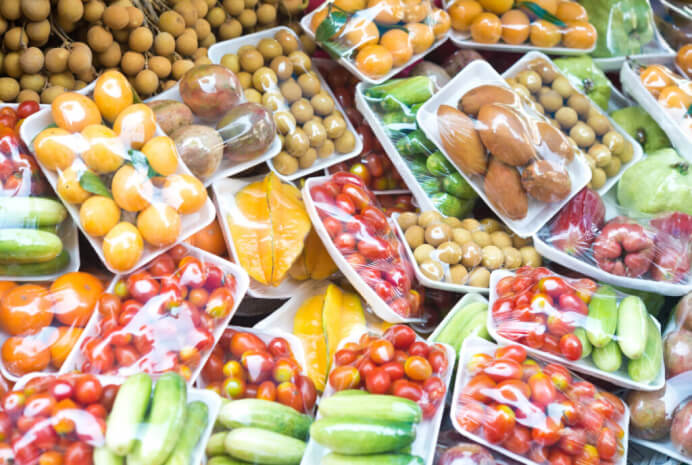
Employee Efficiency
Increase Labor Efficiency
Manually handling and sorting unsold packaged food is labor-intensive and time-consuming. Mechanical depackaging reduces labor costs and improves efficiency. When employees aren’t manually depackaging food, they can stock shelves and help customers. Our customers report labor gains of four to 12 hours per day, per location! As a result of depackaging services, customers are increasing organic food diversion by 30 to 70 percent.
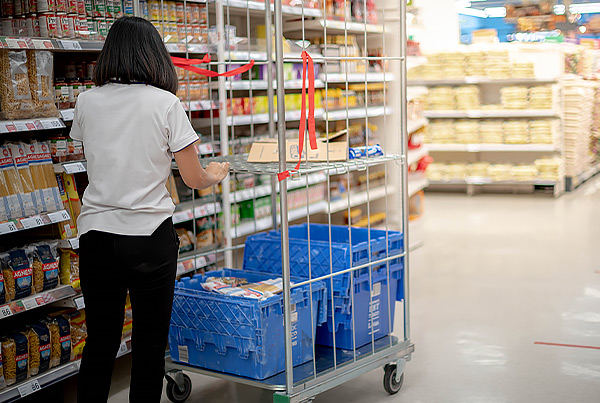
Food Safety
Integrating our depackaging process into your food waste management system streamlines the entire process. Properly managing unsellable food is crucial to maintaining a clean and hygienic environment and complying with food safety laws and regulations.
Most of our customers have opted for our full-service option, which includes pickup and transportation. We’ll provide bins to store unsold food outside the store. When we pick up your food waste, we’ll also clean your storage bins.
Our depackaging process helps by quickly and effectively processing unsold food, which reduces the risk of contamination and unpleasant odors at your store.
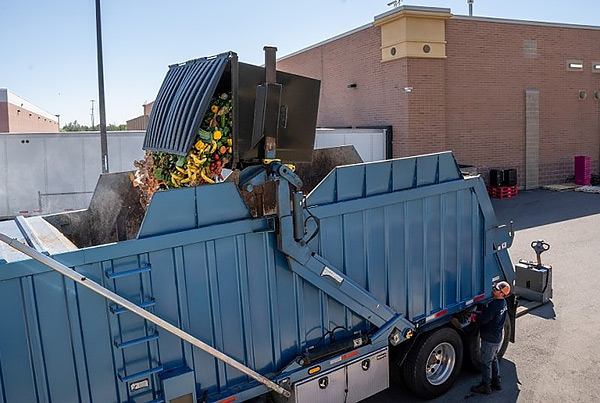
Operational Flexibility
Our depackaging process is designed to handle a wide range of packaging and food waste. Meat, dairy, bakery, fresh produce or prepared foods can be collected and depackaged. No matter the size of the supermarket, our depackaging solution is scalable to meet your needs and easily integrates into your existing operations.
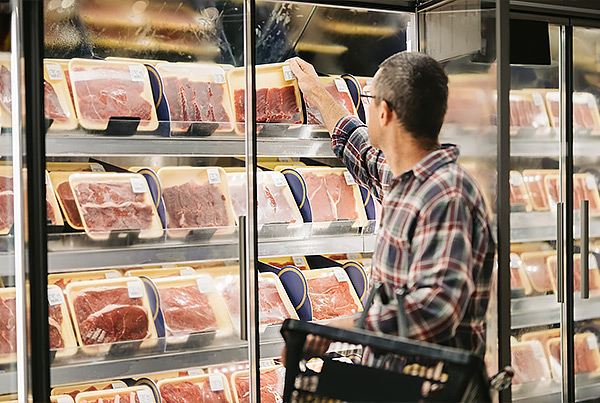
Employee Satisfaction and Safety
Automated depackaging spares employees from the repetitive and strenuous task of manually separating food waste. This leads to a safer work environment, reducing the risk of injuries and improving overall job satisfaction. A more efficient waste management system means less mess and clutter and a better working environment for your staff.

Compliance and Reputation
Our depackaging process ensures your store remains compliant with local and national food disposal regulations. By effectively managing and recycling food waste, you can avoid potential fines and penalties.
Additionally, consumers are increasingly conscious of the environmental impact of the businesses they support. Adopting cutting-edge waste management technology sets your store apart as a leader in sustainability. Partnering with Denali for depackaging demonstrates a commitment to sustainability, which in turn enhances your brand image, attracts eco-conscious customers and fosters loyalty.
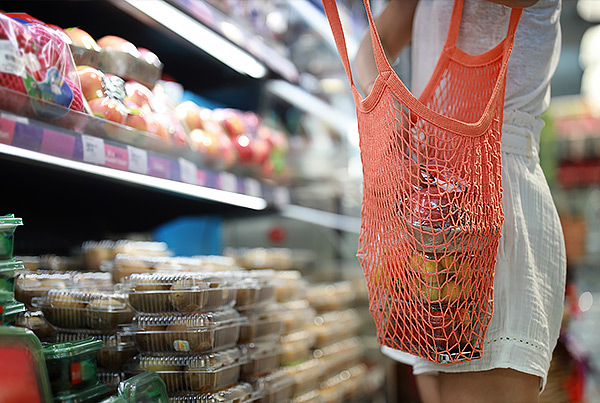

Food Waste Depackaging Process
- Collection: Our team will collect food material from industrial and retail customers and transport it to a processing facility.
- Mechanical Separation: The unsold food is fed into a depackaging system that manually separates the food material from its packaging. Sometimes, water is added to aid the separation process.
- Biomass Extraction: The depackaged food material is screened and collected, while the non-biodegradable packaging is removed and disposed of appropriately.
- Processing: The organic materials extracted during depackaging are now ready to be recycled into something new, like organic fertilizers, compost or animal feed.
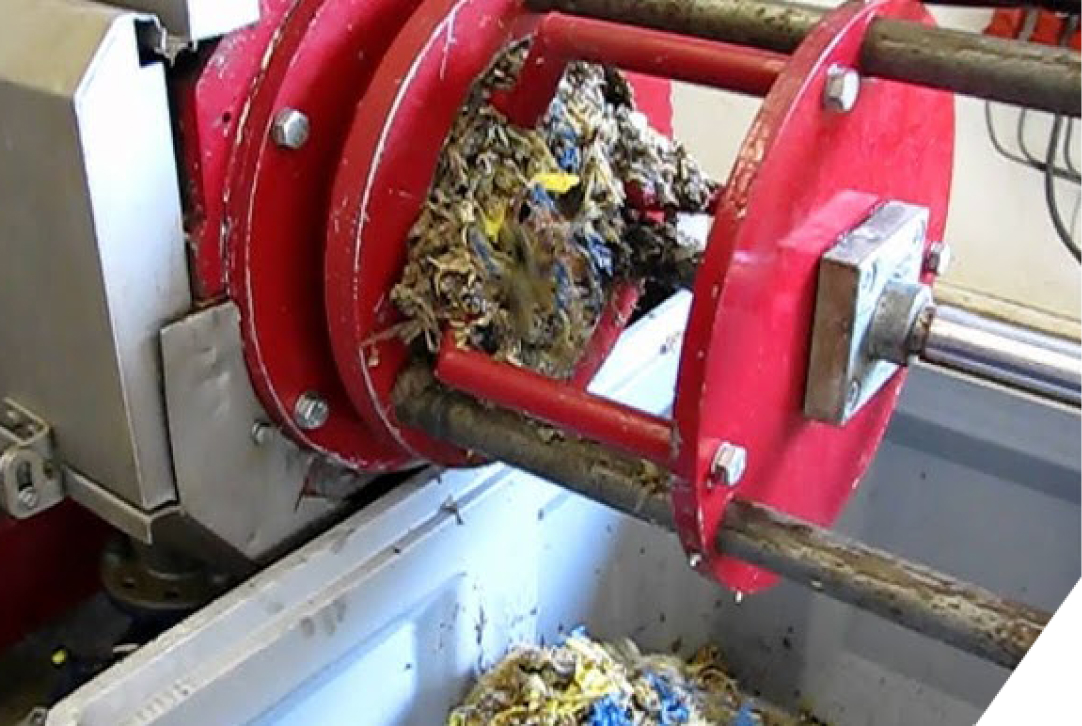
Denali Unveils Nation's First Mobile Food Recycling Unit to Tackle Emergency Situations
When supply chains break and food is stranded, our mobile solution steps in — converting the surplus into ingredients for feed, fuel and fertilizer.









